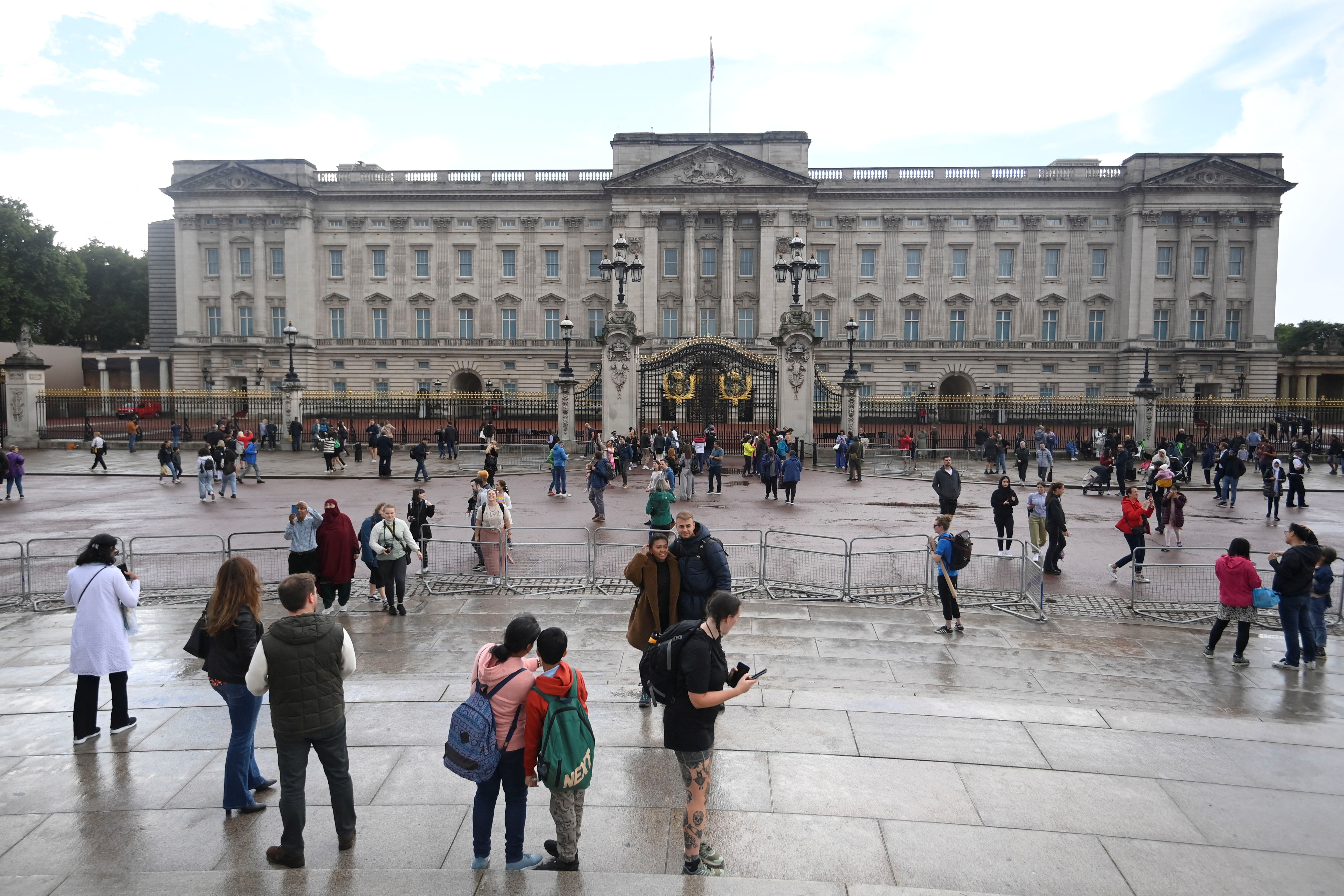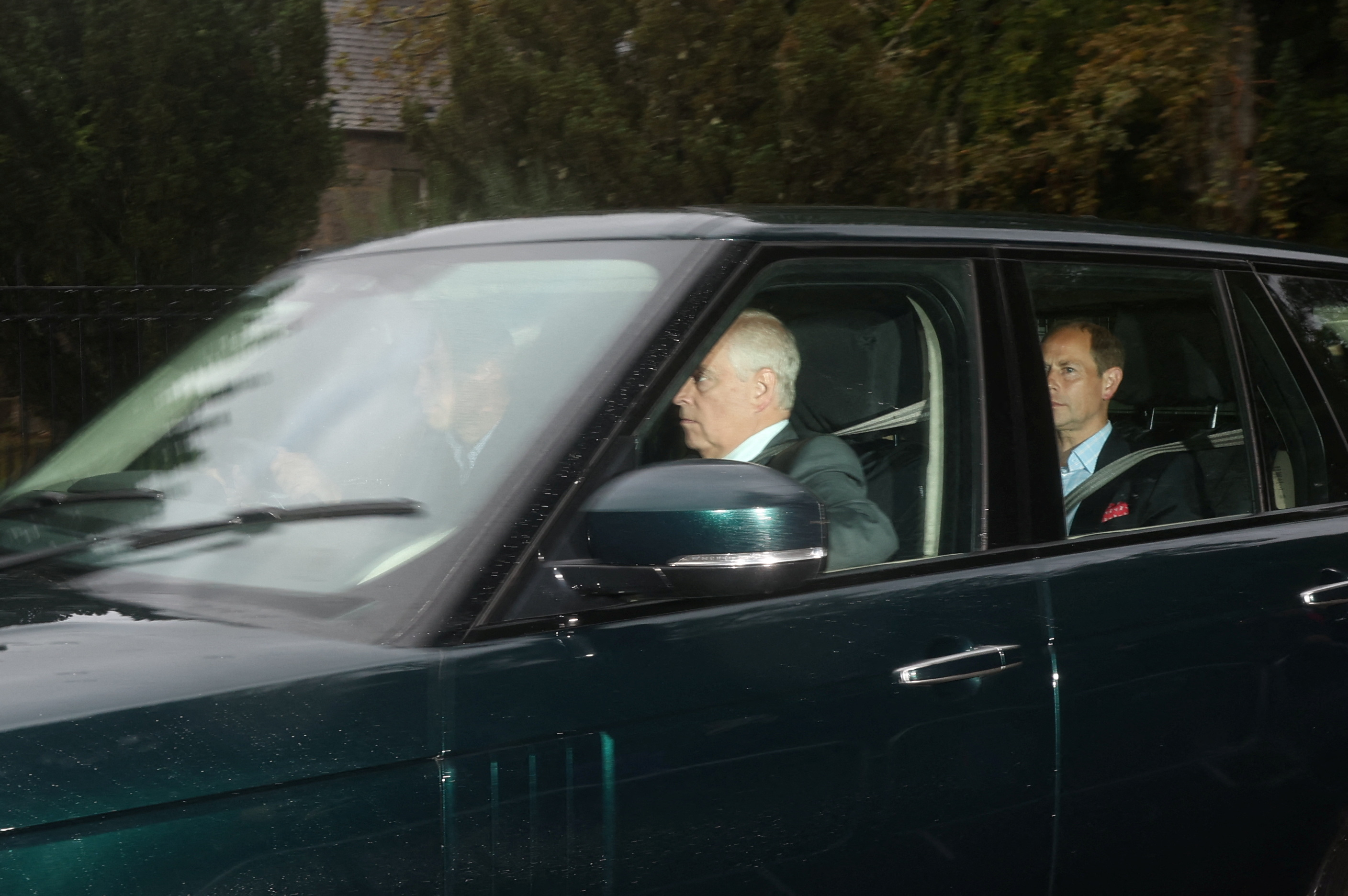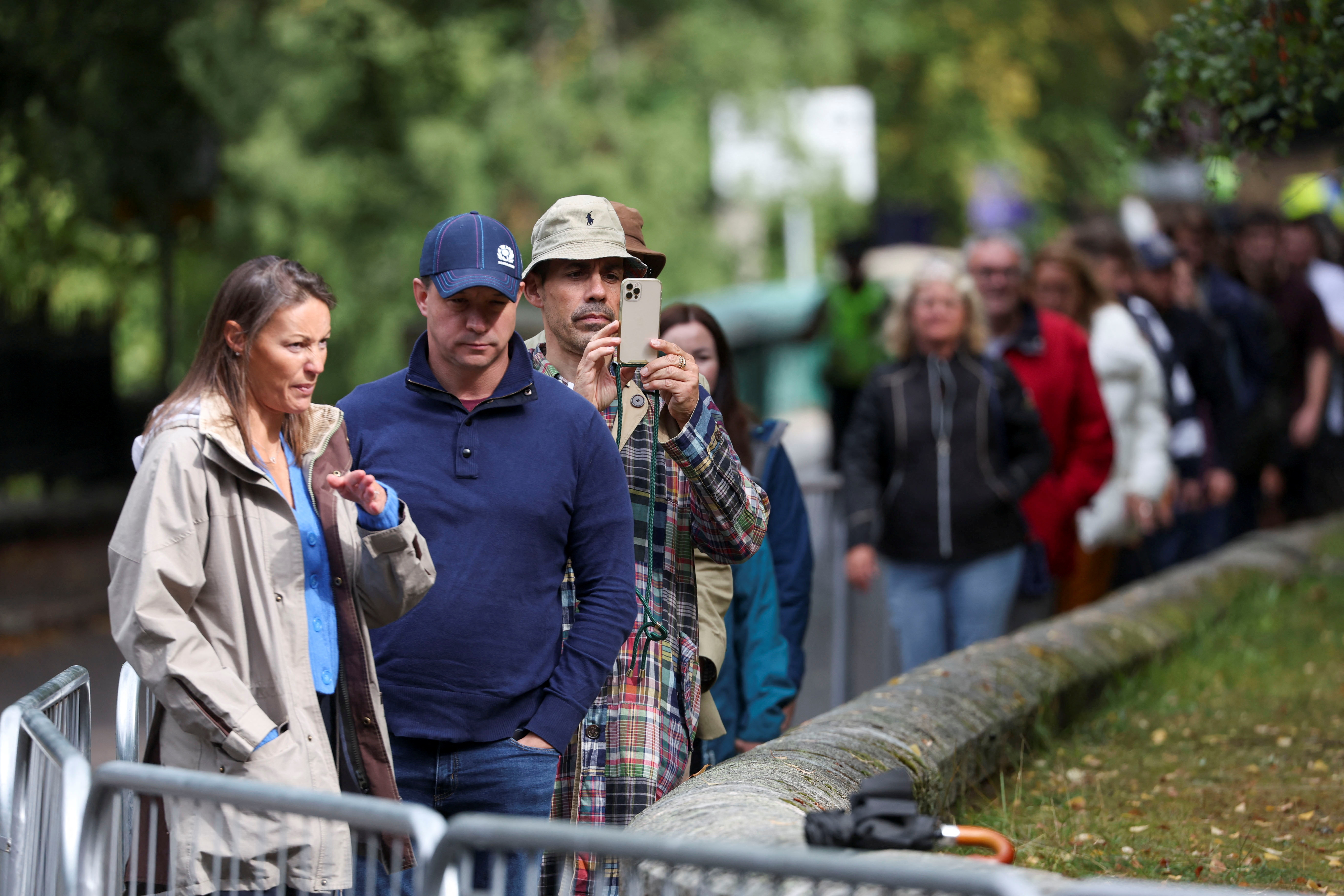Britain's Queen Elizabeth II dies at 96
- By Reuters -
- Sep 08, 2022

Queen Elizabeth II, the longest-serving monarch in British history and an icon instantly recognisable to billions of people around the world, has died aged 96, Buckingham Palace said on Thursday.
Her eldest son, Charles, 73, succeeds as king immediately, according to centuries of protocol, beginning a new, less certain chapter for the royal family after the queen’s record-breaking 70-year reign.
The Queen died peacefully at Balmoral this afternoon.
The King and The Queen Consort will remain at Balmoral this evening and will return to London tomorrow. pic.twitter.com/VfxpXro22W
— The Royal Family (@RoyalFamily) September 8, 2022

“The Queen died peacefully at Balmoral this afternoon,” Buckingham Palace said in a statement. “The King and The Queen Consort will remain at Balmoral this evening and will return to London tomorrow.”
A statement from His Majesty The King: pic.twitter.com/AnBiyZCher
— The Royal Family (@RoyalFamily) September 8, 2022
Her family had rushed to be by her side at her Scottish home, Balmoral Castle, after doctors expressed concern about her health. She had been suffering from what Buckingham Palace has called “episodic mobility problems” since the end of last year, forcing her to withdraw from nearly all her public engagements.

Queen Elizabeth II, who was also the world’s oldest and longest-serving head of state, came to the throne following the death of her father King George VI on Feb. 6, 1952, when she was just 25.

She was crowned in June the following year.
Immediately after the news was reported, President Dr Arif Alvi expressed his sincere condolences to the Royal family, the Government and the people of Great Britain.
The President of Pakistan, Dr. Arif Alvi, has expressed his sincere condolences to the Royal family, the government, and the people of Great Britain on the sad demise of Queen Elizabeth II, the second longest reigning monarch in the history of Great Britain. pic.twitter.com/x2R3TIAz4m
— The President of Pakistan (@PresOfPakistan) September 8, 2022
Her departure has left an immense vacuum, he said, adding she “would be remembered in golden words in the annals of world history”.
Elizabeth became monarch at a time when Britain still retained much of its old empire. It was emerging from the ravages of World War Two, with food rationing still in force and class and privilege still dominant in society.
Winston Churchill was Britain’s prime minister at the time, Josef Stalin led the Soviet Union and the Korean War was raging.

In the decades that followed, Elizabeth witnessed massive political change and social upheaval at home and abroad. Her own family’s tribulations, most notably the divorce of Charles and his late first wife Diana, were played out in full public glare.
While remaining an enduring symbol of stability and continuity for Britons at a time of relative national economic decline, Elizabeth also tried to adapt the ancient institution of monarchy to the demands of the modern era.
“She has managed to modernise and evolve the monarchy like no other,” her grandson Prince William, who is now heir to the throne, said in a 2012 documentary.
